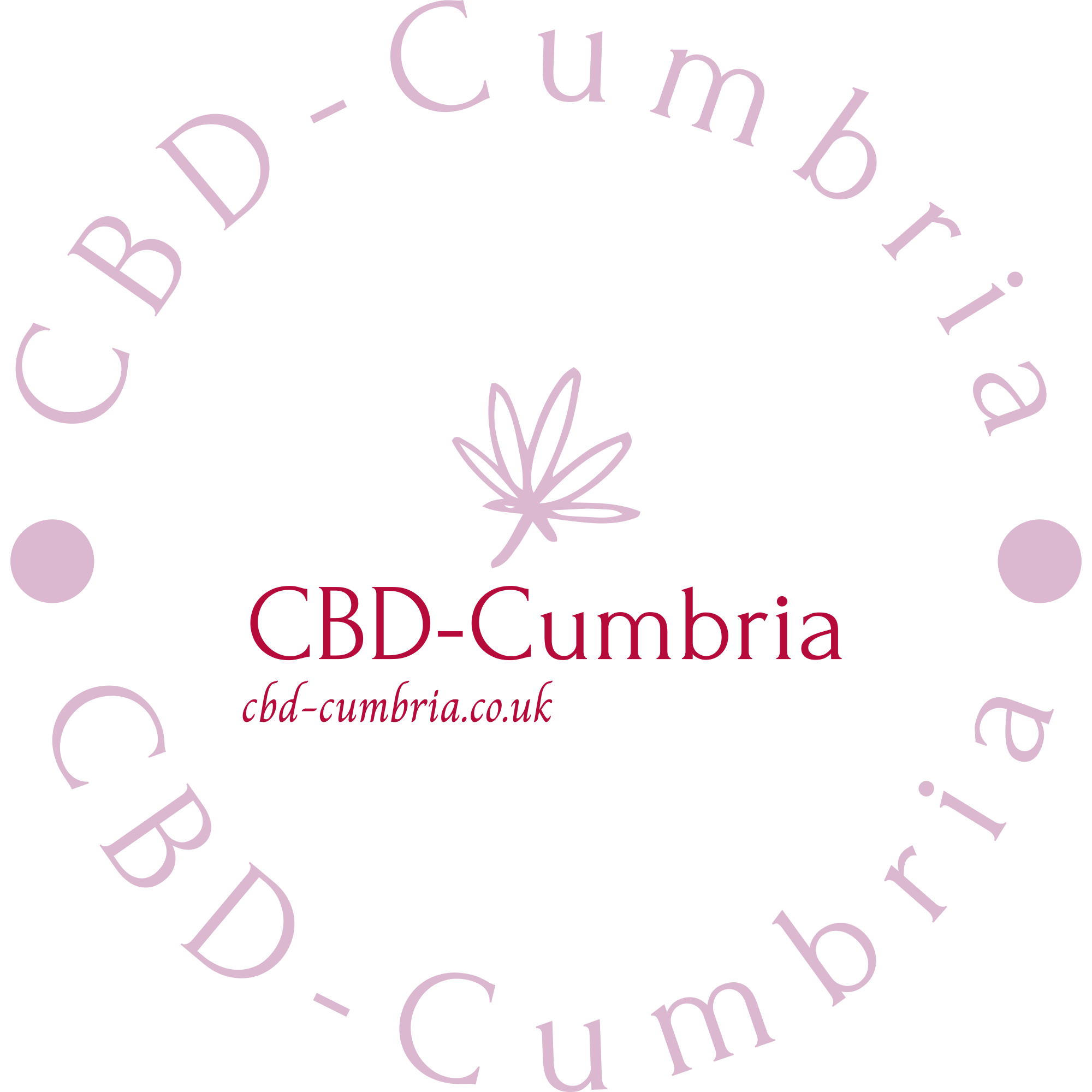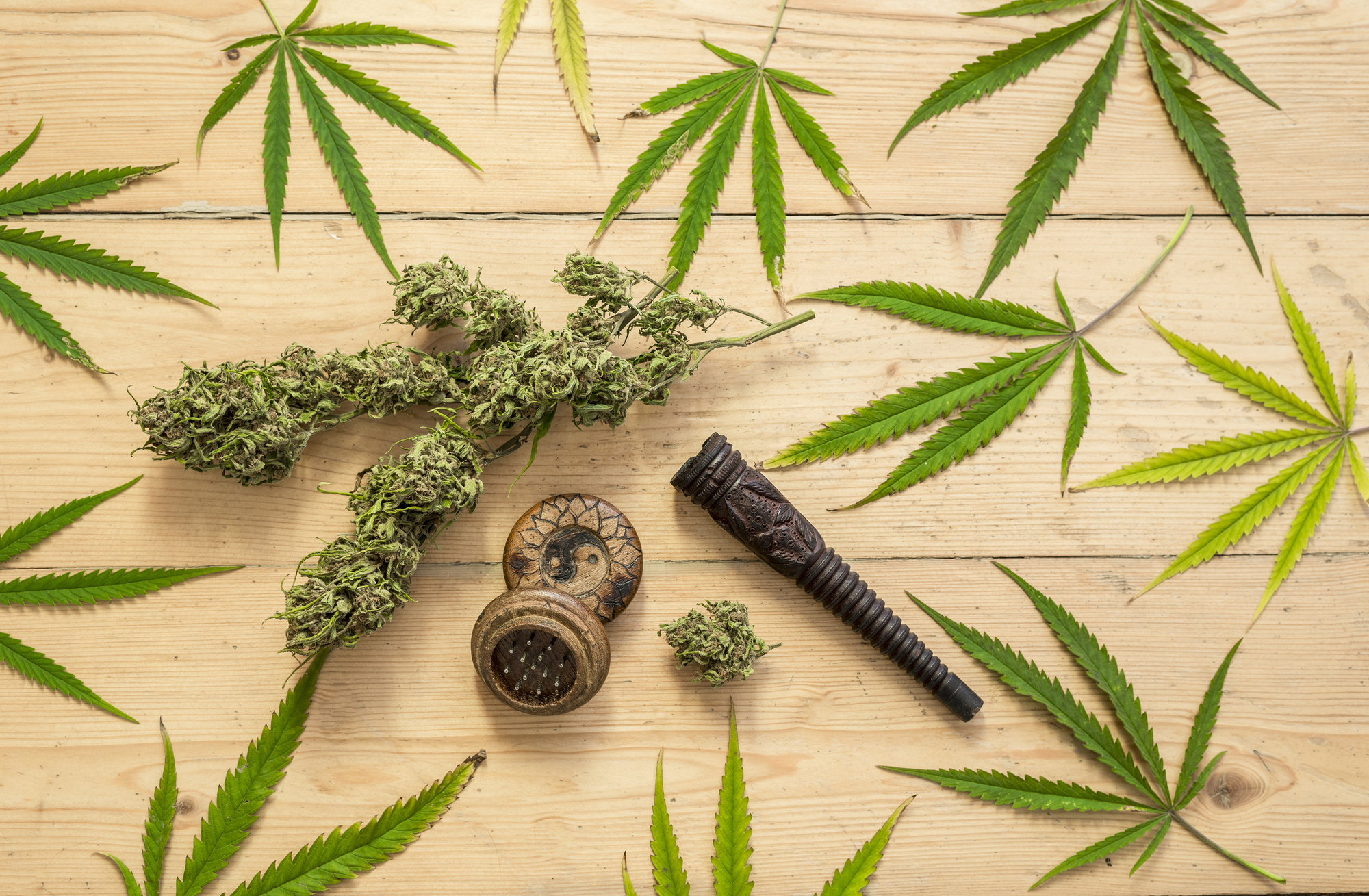Potential Benefits of THC on Creativity
Tetrahydrocannabinol, commonly known as THC, has long been associated with altered states of consciousness and cognitive effects. Recent research suggests that moderate THC consumption may unlock new pathways in the brain, potentially enhancing creativity and productivity.
Impact on Cognitive Flexibility
The potential benefits of THC on creativity are intriguing, suggesting a link between cannabis use and enhanced imaginative thinking. Some studies indicate that THC can impact cognitive flexibility, allowing individuals to switch between tasks and perspectives more easily. This cognitive shift may contribute to problem-solving abilities and innovative thought processes.
- THC’s ability to alter brain activity in areas associated with creativity, such as the prefrontal cortex and hippocampus, could lead to novel connections and ideas.
- Increased sensory perception and introspection induced by THC might foster a more imaginative and open mindset.
- Some individuals report experiencing “aha” moments or breakthroughs in creative pursuits while under the influence of THC.
Enhanced Problem-Solving Abilities
Research exploring the impact of THC on cognitive function is still evolving, but preliminary findings suggest potential benefits for creativity and problem-solving.

THC’s interaction with the brain’s reward system may contribute to a more relaxed and uninhibited state, allowing individuals to think outside conventional boundaries.
Increased Imagination and Idea Generation
THC’s ability to alter brain activity in areas associated with creativity, such as the prefrontal cortex and hippocampus, could lead to novel connections and ideas.
Increased sensory perception and introspection induced by THC might foster a more imaginative and open mindset.
Some individuals report experiencing “aha” moments or breakthroughs in creative pursuits while under the influence of THC.
Possible Productivity Enhancements
Tetrahydrocannabinol (THC), the primary psychoactive component in cannabis, has sparked debate surrounding its potential cognitive effects. While traditionally associated with altered states of consciousness, emerging research suggests that moderate THC consumption may offer surprising benefits for creativity and productivity.
Focus and Attention Span
To enhance focus and attention span, consider implementing strategies such as mindfulness meditation, which trains the mind to stay present and reduces mind-wandering. Creating a dedicated workspace free from distractions can also improve concentration. Prioritizing tasks and breaking down large projects into smaller, manageable chunks can prevent overwhelm and maintain momentum.
Regular exercise has been shown to boost cognitive function, including attention span. Incorporating physical activity into your routine can improve blood flow to the brain and enhance overall mental clarity.
Adequate sleep is crucial for optimal cognitive performance. Aim for 7-9 hours of quality sleep per night to allow the brain to consolidate memories and recharge. Finally, a balanced diet rich in fruits, vegetables, and omega-3 fatty acids can nourish the brain and support cognitive health.
Motivation and Drive
The impact of THC on productivity is a complex issue with both potential benefits and drawbacks. While some individuals report experiencing increased focus and creativity under the influence of THC, others may find that it impairs their ability to concentrate or complete tasks effectively.
Factors such as individual tolerance, dosage, and the specific type of activity can influence the effects of THC on productivity.
It is important to note that THC can also lead to short-term memory problems, impaired judgment, and difficulty with coordination, which could negatively impact work performance.
Ultimately, whether or not THC beverages boost productivity is a matter of individual experience and should be approached with caution.
Stress Reduction and Relaxation
Exploring ways to enhance productivity while reducing stress and promoting relaxation is an ongoing pursuit. Mindfulness practices like meditation can train the mind to focus and reduce stress reactivity. Creating a calming work environment, incorporating regular breaks, and prioritizing tasks effectively can also contribute to a more productive and less stressful workflow.
Engaging in activities that promote relaxation, such as yoga, listening to soothing music, or spending time in nature, can help alleviate stress and improve overall well-being. Adequate sleep, healthy eating habits, and regular exercise are foundational pillars of both physical and mental health, indirectly supporting productivity and reducing stress.
Exploring alternative methods like aromatherapy with calming scents or using a standing desk to promote movement can be beneficial for some individuals. It’s important to find what works best for each person’s unique needs and preferences.
Considerations and Risks
While the potential benefits of THC for creativity are enticing, it is crucial to acknowledge the associated risks and considerations.
Dosage and Tolerance
THC affects individuals differently, and dosage plays a significant role in determining the intensity of its effects. Starting with a low dose and gradually increasing it as tolerated can help minimize the risk of adverse reactions.
- Tolerance to THC varies widely among individuals. Factors such as frequency of use, genetics, and metabolism can influence how the body processes THC.
- Consuming too much THC can lead to negative side effects, including anxiety, paranoia, impaired coordination, and memory problems.
- THC can interact with certain medications, potentially causing harmful interactions. It’s essential to consult with a healthcare professional before using THC if you are taking any prescription or over-the-counter drugs.
- The legal status of THC varies by location. It’s important to be aware of and comply with local laws and regulations regarding cannabis use.
Individual Variability in Response
THC’s effects are not uniform across individuals. Factors like genetics, body chemistry, and prior experience with THC can influence how a person responds. Some might experience heightened creativity and focus, while others may feel anxious or have difficulty concentrating. It’s essential to be mindful of these individual differences and proceed cautiously when exploring the potential benefits of THC.
Dosage plays a crucial role in determining the intensity and type of effects experienced. Starting with a low dose and gradually increasing it as tolerated can help individuals gauge their personal response and minimize the risk of adverse reactions.
Legal and Societal Implications
The potential impact of THC on creativity and productivity raises several considerations and risks.

- Legal Ramifications: THC’s legal status varies greatly worldwide, with some jurisdictions permitting its use for recreational or medicinal purposes while others maintain strict prohibition. Engaging with THC products where it is illegal can result in serious legal consequences.
- Health Risks: While moderate THC consumption may offer potential benefits, excessive or prolonged use can lead to various health concerns. These include impaired cognitive function, respiratory issues, addiction, and mental health problems like anxiety and psychosis.
- Workplace Implications: The use of THC, even in legal jurisdictions, can have implications for employment. Some workplaces maintain strict drug-free policies, and THC use could potentially lead to job loss or disciplinary action.
- Social Stigma: Despite growing acceptance, cannabis use still carries a social stigma in many societies. Individuals who consume THC may face judgment or discrimination from others, impacting their personal and professional relationships.
Furthermore, it’s crucial to acknowledge the potential for THC to exacerbate existing mental health conditions. Individuals with a history of anxiety, depression, or psychosis should exercise extreme caution when considering THC consumption.
Potential for Dependence or Addiction
The potential benefits of THC for creativity and productivity are enticing, but it is essential to consider the risks associated with its use.
- Dependence and Addiction: THC can be addictive, and regular use can lead to dependence. Individuals may experience withdrawal symptoms such as irritability, anxiety, and sleep disturbances when they try to stop using THC.
- Impaired Cognitive Function: While THC may enhance creativity in some individuals, it can also impair cognitive function, including memory, attention, and decision-making abilities.
- Mental Health Concerns: THC use has been linked to an increased risk of anxiety, paranoia, and psychosis, particularly in individuals with a predisposition to these conditions.
Research and Future Directions
Future research should explore the optimal dosage of THC for maximizing creative benefits while minimizing potential negative effects. Understanding individual variations in response to THC will be crucial for developing personalized recommendations and interventions.
Longitudinal studies are needed to assess the long-term impact of THC consumption on cognitive function and creativity. Further investigation into the neurobiological mechanisms underlying THC’s influence on the brain is also essential.
Current Studies and Findings
Research in this area is ongoing, with some studies suggesting potential benefits for creativity and productivity, while others highlight the risks and drawbacks associated with THC use.
One important direction for future research is to determine the optimal dosage of THC for maximizing potential benefits while minimizing negative effects. Understanding individual variations in response to THC will be crucial for developing personalized recommendations and interventions. Longitudinal studies are needed to assess the long-term impact of THC consumption on cognitive function and creativity.
Further investigation into the neurobiological mechanisms underlying THC’s influence on the brain is also essential. This could involve exploring how THC interacts with specific brain regions associated with creativity, attention, and executive function.
Understanding the complex interplay between THC, genetics, individual differences, and environmental factors will be crucial for developing a comprehensive understanding of its potential effects on creativity and productivity.
Methodological Challenges
Future research should delve into the optimal dosage of THC for maximizing creative benefits while minimizing potential drawbacks. Individual responses to THC vary greatly, so personalized recommendations based on factors like genetics, metabolism, and prior experience are crucial.
Longitudinal studies are needed to assess the long-term effects of THC consumption on cognitive function and creativity. This will help determine if any observed benefits are sustained over time or if there are any unforeseen consequences associated with prolonged use.
Investigating the neurobiological mechanisms underlying THC’s influence on the brain is paramount. Researchers should explore how THC interacts with specific brain regions associated with creativity, attention, and executive function to better understand its effects on cognitive processes.
Methodological challenges in this area include standardizing THC dosages and delivery methods, controlling for individual differences, and accounting for the placebo effect. Establishing robust research protocols and incorporating objective measures of creativity and productivity will enhance the validity and reliability of findings.
Need for Controlled Trials and Long-Term Research
Controlled trials are essential to establish a clear understanding of THC’s effects on creativity and productivity. These trials should involve:
- Randomized assignment of participants to groups receiving different doses of THC or a placebo.
- Standardized assessments of creativity and productivity using validated measures.
- Blind procedures to minimize bias from both researchers and participants.
- Longitudinal data collection to track changes in cognitive function and creative output over time.
Such rigorous research designs will help to disentangle the complex relationships between THC, individual differences, and cognitive outcomes.
Furthermore, long-term research is crucial for understanding the potential consequences of THC use on brain health and cognitive function. This includes investigating:
- The long-term effects of chronic THC use on memory, attention, and executive function.
- Potential risks associated with early or adolescent THC use.
- Interactions between THC use and other factors such as genetics, lifestyle, and mental health status.
Melo Seltzer’s THC Drinks for Ultimate Relaxation
- Weed Beverages That Don’t Taste Like Weed - May 31, 2025
- Profhilo Treatment Near Dunsfold, Surrey - May 31, 2025
- Kratom Capsules: A Natural Alternative For Pain And Stress - May 30, 2025

